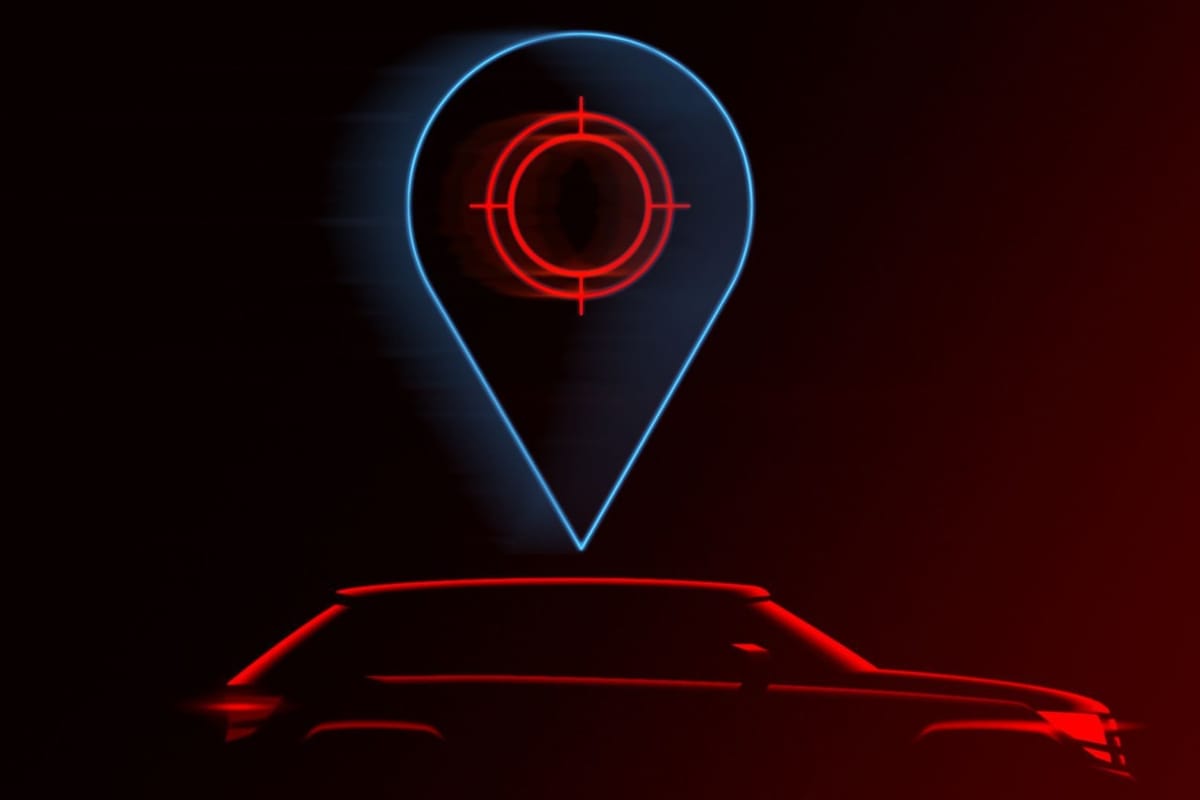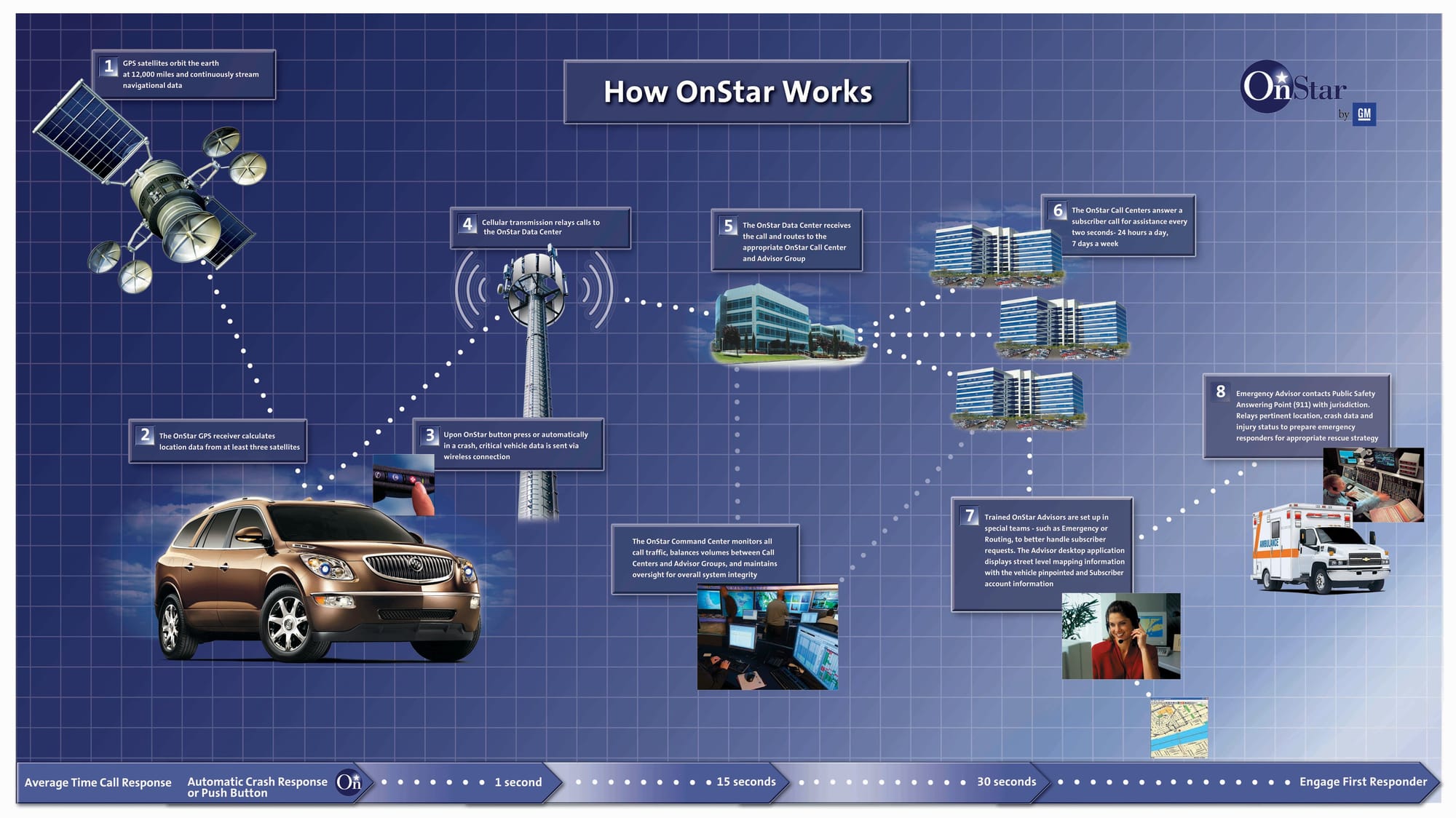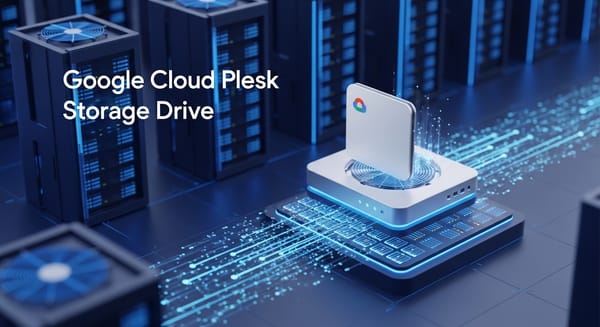The Dark Side of Connected Cars: How GM's Data Tracking Practices Violate Consumer Privacy
Many consumers do not read the lengthy privacy policies and terms of service agreements that accompany connected car services.

In the era of connected cars and the Internet of Things (IoT), automakers are collecting vast amounts of data from vehicles, often without the explicit consent of drivers. One company at the center of this controversy is General Motors (GM), which has been accused of tracking and sharing sensitive driver data through its OnStar subsidiary. Let’s examine the details of GM's data collection practices, the legal and consumer backlash, and the broader implications for privacy in the automotive industry.
OnStar and the Smart Driver Program: A Data Gold Mine
GM's OnStar service has been a pioneer in connected car technology, offering features such as automatic crash response, stolen vehicle assistance, and remote diagnostics. However, it is the Smart Driver program that has drawn the most scrutiny. Launched in 2015, Smart Driver collects detailed data on driving behavior, including speed, braking, and acceleration patterns.
On the surface, the program is marketed as a way for drivers to improve their habits and potentially qualify for insurance discounts. However, the reality is far more complex. The data collected by OnStar is not just used for driver feedback; it is also allegedly shared with third-party data brokers like LexisNexis Risk Solutions.
LexisNexis, in turn, provides this data to insurance companies, which use it to create "risk scores" for individual drivers. These scores can have a significant impact on insurance premiums, with some drivers facing higher rates or even denial of coverage based on their driving data.

The Consent Conundrum: Buried in the Fine Print
One of the key issues in the GM data tracking controversy is the matter of consent. The company has stated that the OnStar Smart Driver service is optional and requires multiple consents from the user before data is shared. However, critics argue that the consent process is far from transparent.
Many consumers do not read the lengthy privacy policies and terms of service agreements that accompany connected car services. As a result, they may be unaware that their driving data is being collected and shared with third parties. Even when consent is granted, it is often buried in the fine print, making it difficult for users to understand the full implications of their decision.
This lack of clear, informed consent has led to accusations that GM is violating consumer privacy rights. In an era where data privacy is an increasingly important issue, the company's practices have drawn significant criticism from consumer advocates and legal experts.

Legal Challenges and Consumer Backlash
The controversy surrounding GM's data tracking practices has not gone unnoticed by the legal community. In recent years, several lawsuits have been filed against the company, accusing it of collecting and sharing driver data without proper consent.
One notable case is a class action lawsuit filed in California, which alleges that GM and OnStar provided sensitive driving data to LexisNexis without the knowledge or consent of drivers. The lawsuit claims that this practice violates the California Invasion of Privacy Act and the state's Unfair Competition Law.
Similar lawsuits have been filed in other states, highlighting the growing concern over the privacy implications of connected car data. These legal challenges reflect a broader consumer backlash against the unchecked collection and sharing of personal information by automakers and technology companies.
The Regulatory Landscape: A Need for Stronger Oversight
The GM data tracking controversy has also caught the attention of regulators and lawmakers. In 2019, a group of U.S. senators sent a letter to the Federal Trade Commission (FTC), urging the agency to investigate the data collection practices of automakers and their partners.
The senators expressed concern that the current regulatory framework is insufficient to protect consumer privacy in the connected car era. They called for stronger oversight and clearer guidelines on data collection, sharing, and consent practices in the automotive industry.
At the state level, some legislatures have taken steps to address the issue of connected car data privacy. For example, California's Consumer Privacy Act (CCPA), which went into effect in 2020, gives consumers the right to know what personal information companies are collecting about them and to opt-out of the sale of that information.
However, critics argue that the CCPA and similar state laws do not go far enough in protecting consumer privacy in the automotive context. They call for more comprehensive federal legislation that specifically addresses the unique challenges posed by connected cars and the vast amounts of data they generate.

The Broader Implications: Privacy in the Connected Car Era
The GM data tracking controversy is just one example of the growing privacy concerns in the connected car era. As vehicles become increasingly sophisticated and data-driven, the potential for misuse and abuse of personal information is higher than ever.
Other automakers, such as Tesla and Ford, have also faced scrutiny over their data collection practices. The issue extends beyond the automotive industry, as well, with technology giants like Google and Apple also vying for a piece of the connected car market.
As the IoT expands and more devices become connected, the challenges of protecting consumer privacy will only become more complex. The GM case highlights the need for clear, informed consent mechanisms, stronger regulatory oversight, and a fundamental rethinking of how personal data is collected, shared, and used in the digital age.
The Way Forward: Balancing Innovation and Privacy
The connected car revolution holds tremendous promise for improving safety, efficiency, and convenience on the road. However, it is crucial that these benefits are not achieved at the cost of consumer privacy.
Automakers like GM must take a hard look at their data collection and sharing practices and ensure that they are fully transparent with their customers. This means providing clear, easily understandable information about what data is being collected, how it is being used, and with whom it is being shared.
Regulators and lawmakers also have a critical role to play in protecting consumer privacy in the connected car era. They must work to develop comprehensive, enforceable standards for data collection, sharing, and consent practices in the automotive industry.
At the same time, consumers must educate themselves about the privacy implications of connected cars and demand greater transparency and control over their personal data. This may involve reading privacy policies more carefully, opting out of data sharing when possible, and supporting legislative efforts to strengthen privacy protections.
Ultimately, the goal should be to strike a balance between innovation and privacy in the connected car era. By working together, automakers, regulators, and consumers can ensure that the benefits of this exciting new technology are realized without compromising the fundamental right to privacy.

Conclusion: Automakers Must Prioritize Transparency
The GM data tracking controversy is a wake-up call for the automotive industry and society as a whole. It highlights the urgent need for stronger privacy protections in the age of connected cars and the IoT.
As we move forward, it is essential that automakers prioritize transparency, informed consent, and responsible data practices. Regulators must step up to the plate and develop clear, enforceable standards for the collection and use of personal data in the automotive context.
Only by working together can we ensure that the connected car revolution serves the interests of consumers, rather than exploiting their privacy for profit. The stakes are high, but so too are the potential benefits of getting this right. The future of privacy in the connected car era hangs in the balance.




